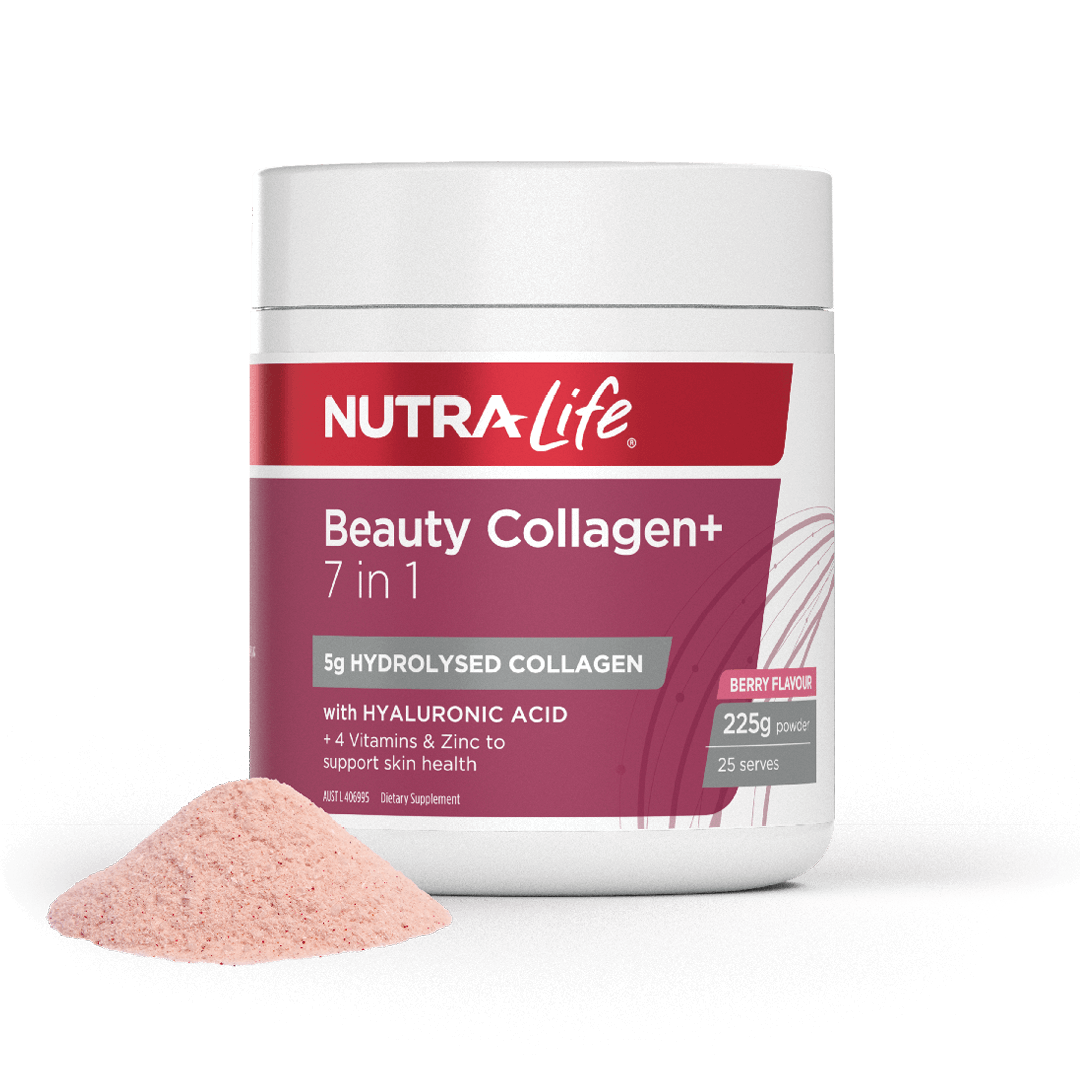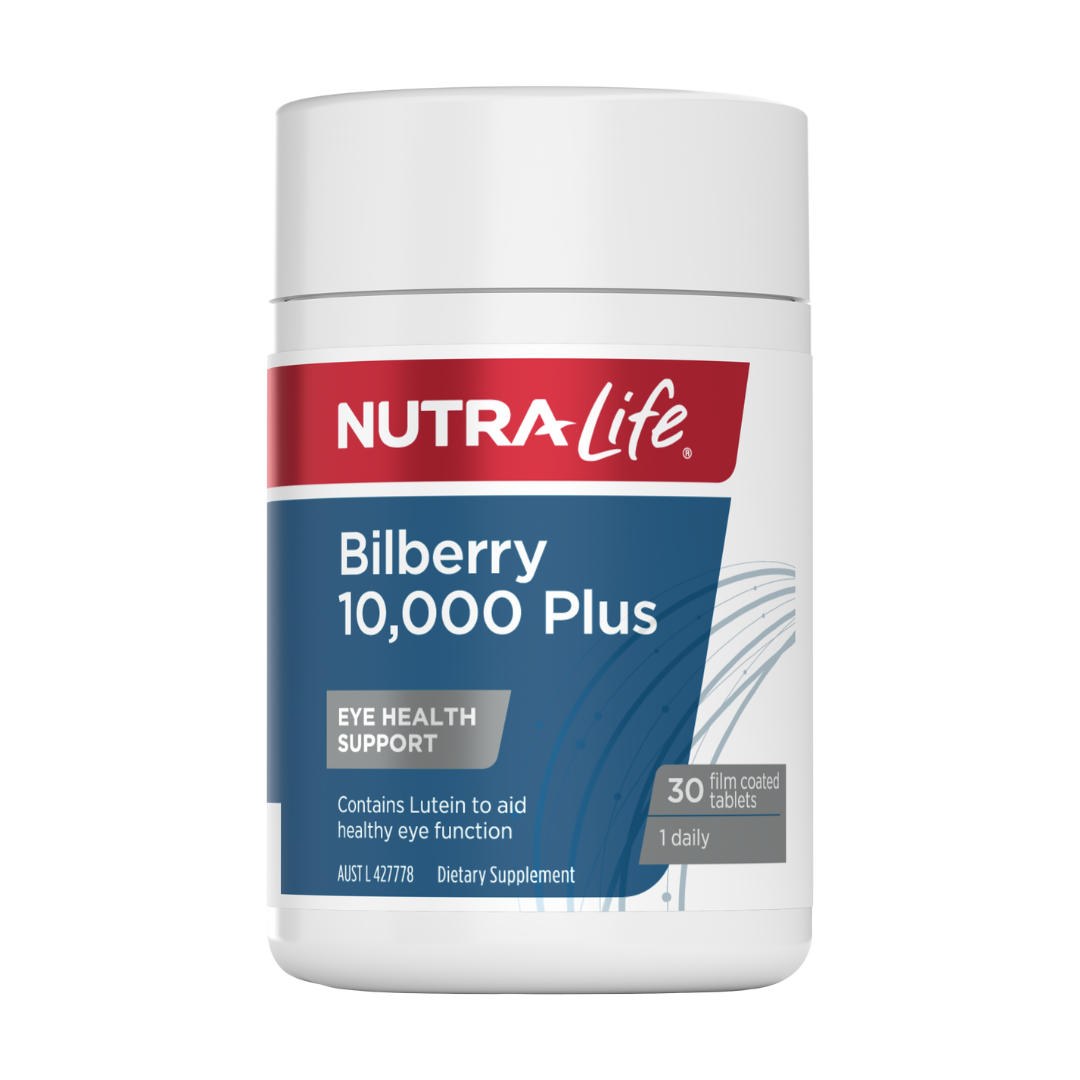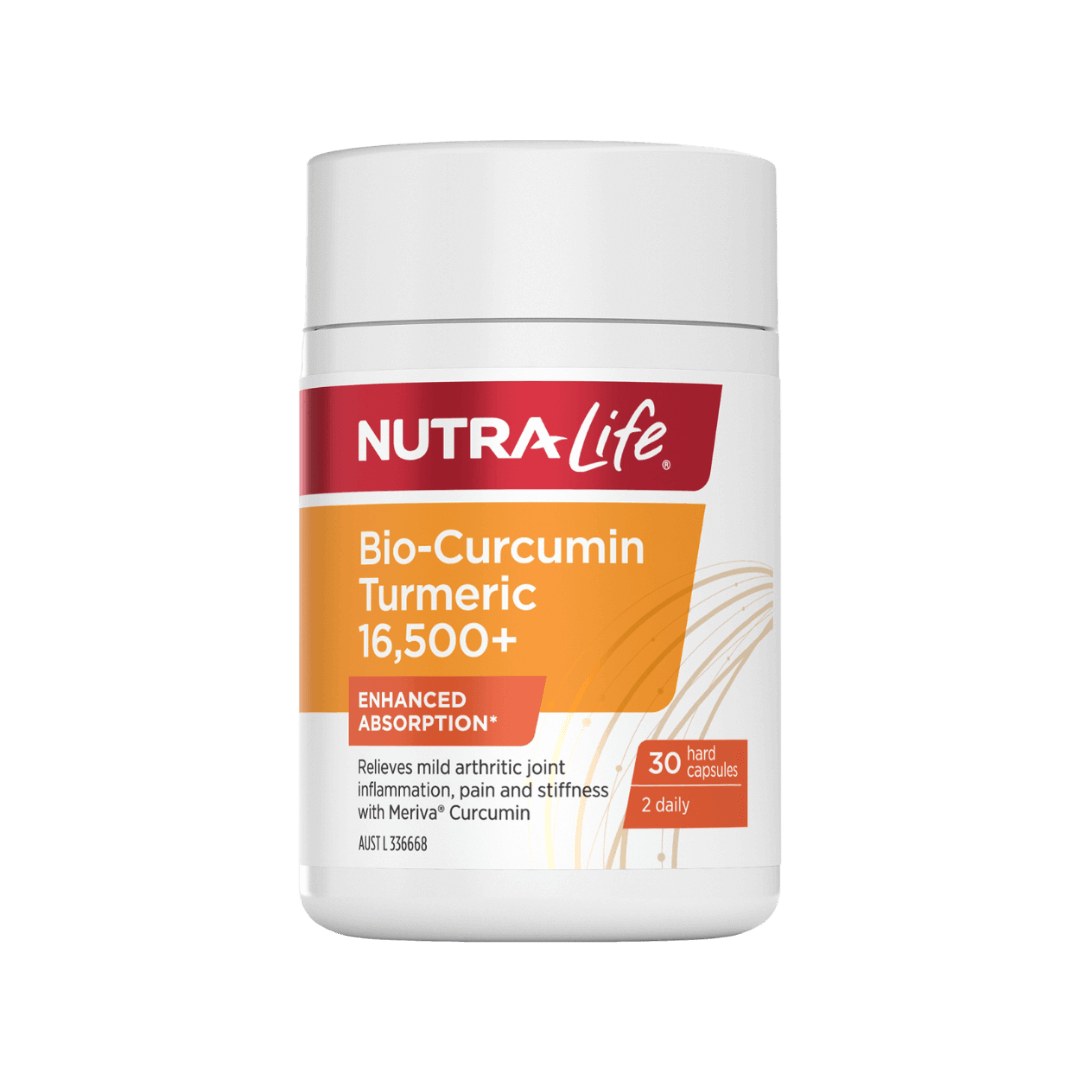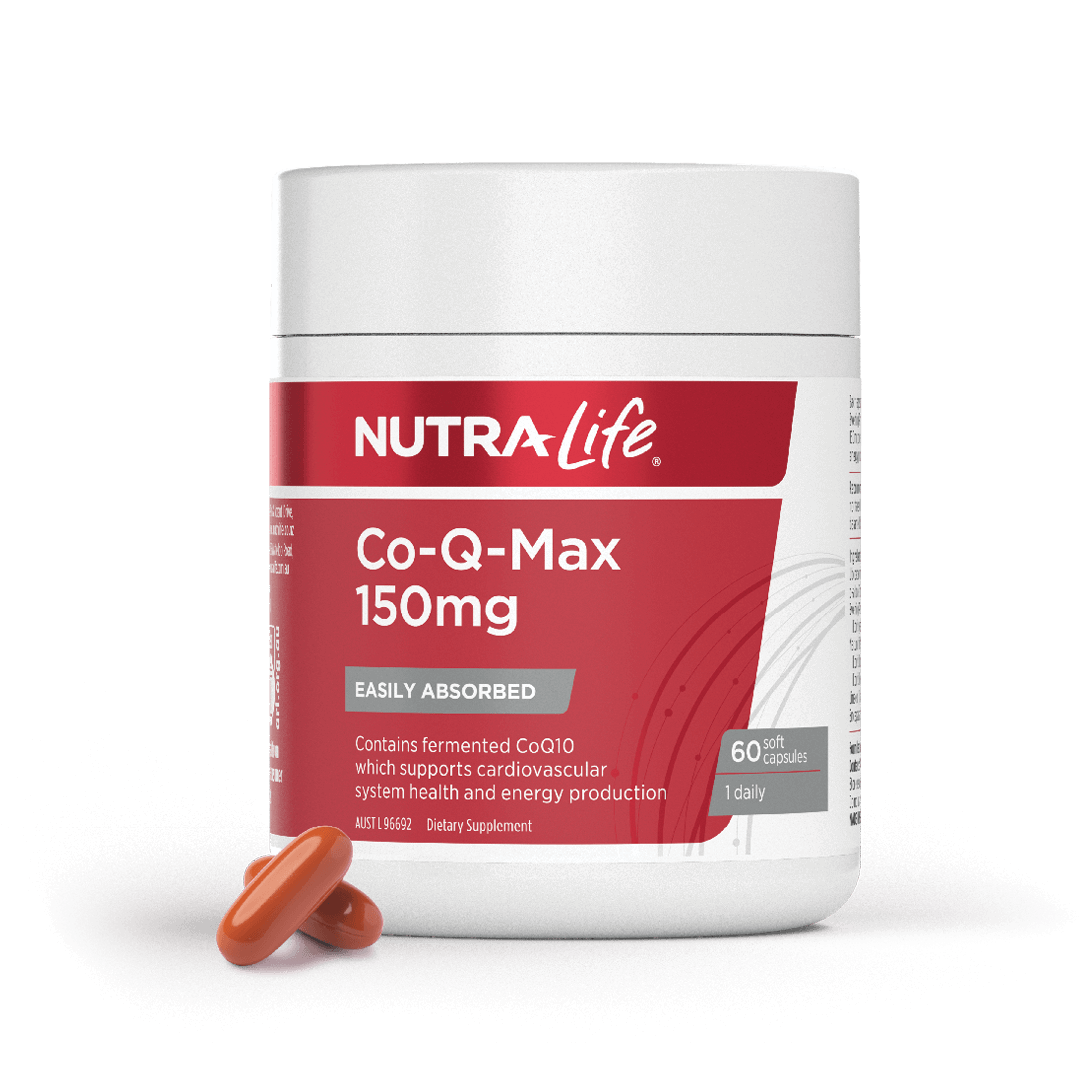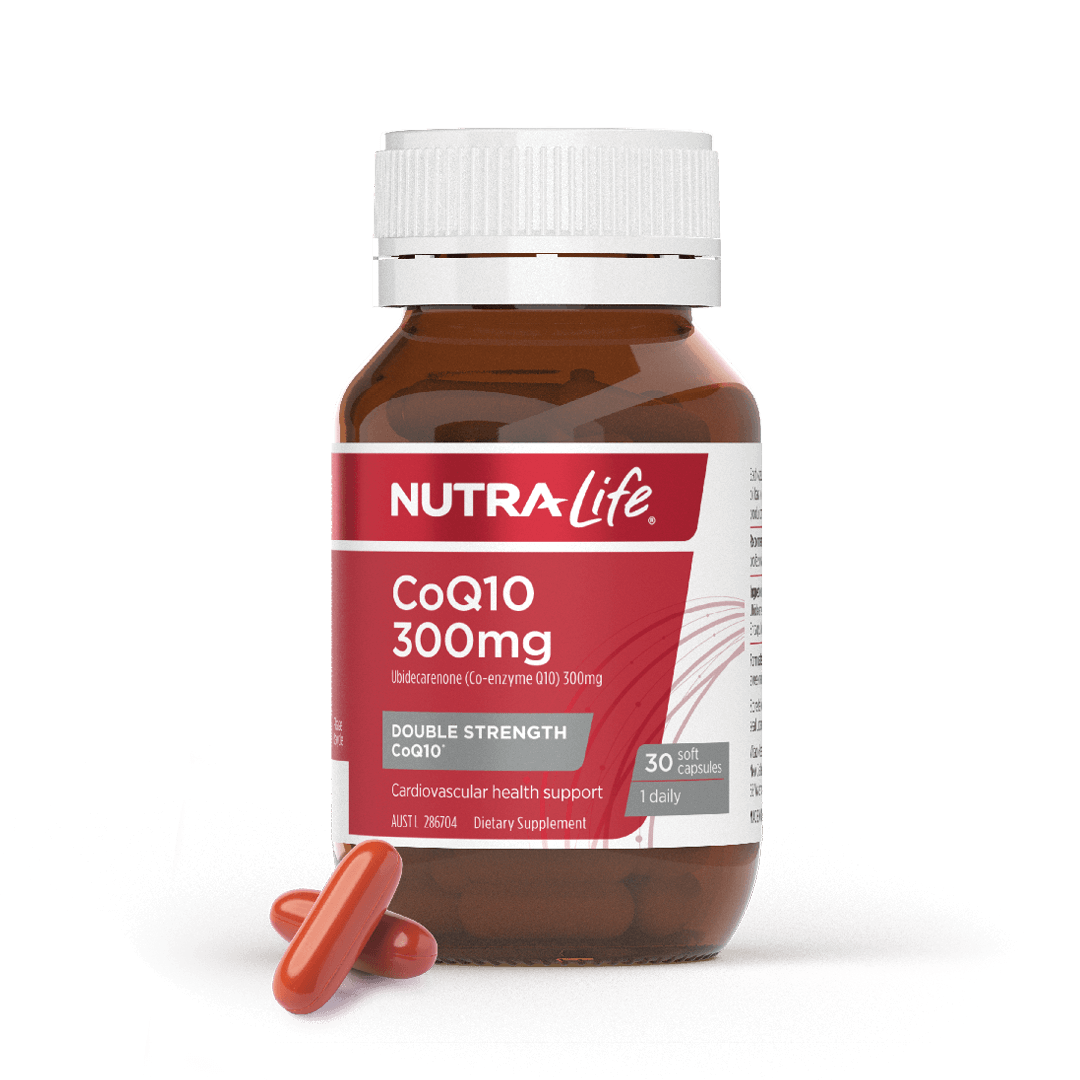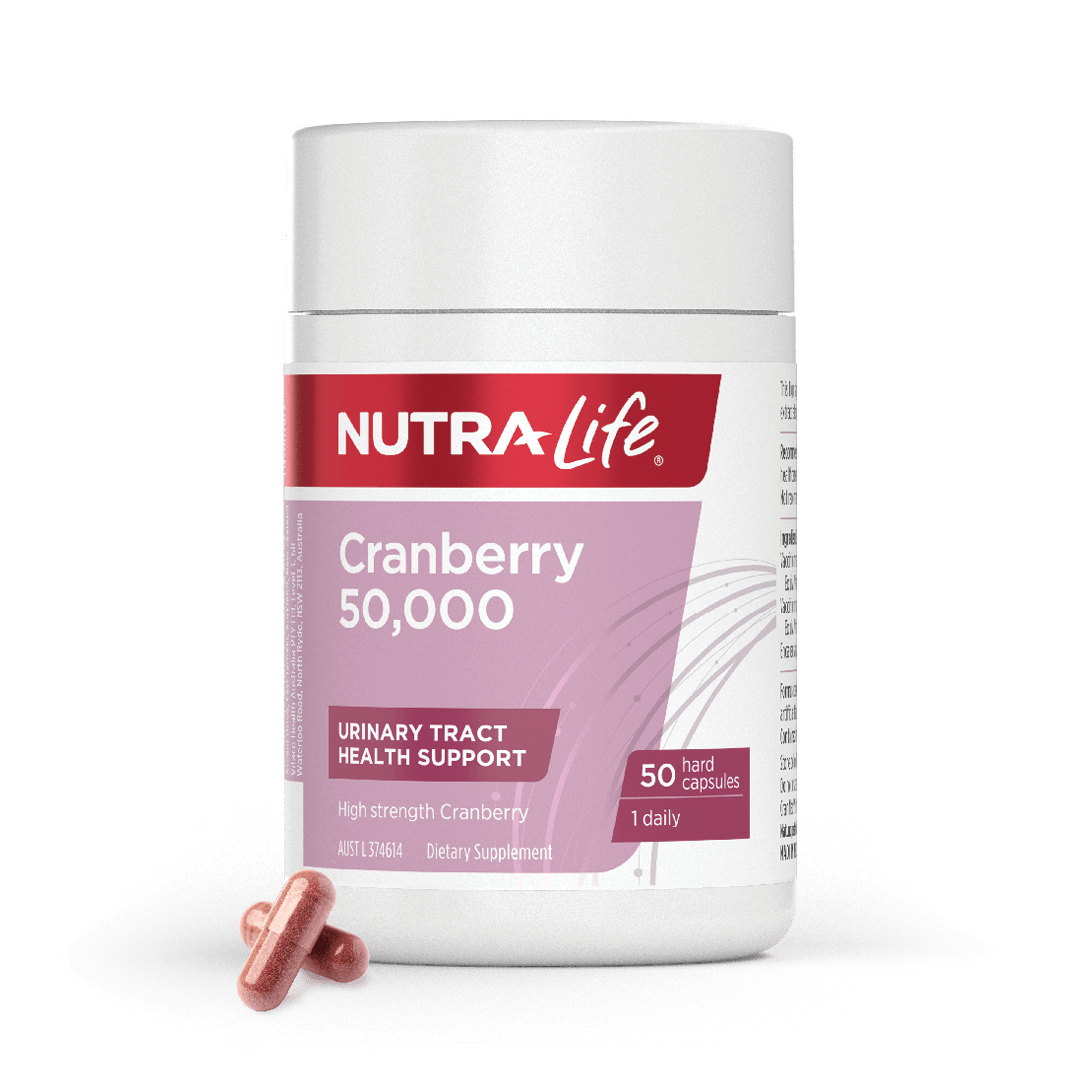Magnesium is an essential mineral that profoundly impacts overall health and well-being. It is the second most abundant and common mineral inside our cells and helps with over 300 important processes in the body. Magnesium plays a key role in maintaining the proper functioning of several vital systems in the body, including the muscular, skeletal, and nervous systems.
To ensure you're meeting your magnesium needs, it's beneficial to include a variety of dietary sources in your meals. Green leafy vegetables like spinach and kale are excellent sources, along with legumes such as beans and lentils. Nuts and seeds, including almonds and pumpkin seeds, also provide a valuable magnesium boost.
However, there are times when dietary intake alone may not suffice, and a magnesium supplement might be necessary. It's important to choose the right form of magnesium supplement to support optimal health and function. Understanding the various forms and their benefits can help you make an informed decision and achieve the best possible outcomes for your well-being.
What is Magnesium Glycinate?
Magnesium Glycinate, also known as magnesium bis-glycinate or di-glycinate, is an organic form of magnesium that is easily recognised and utilised by the body. Its unique molecular structure consists of magnesium attached to two glycine molecules, which significantly enhances its absorbability[1].
This chelated form of magnesium is readily absorbed by the body, providing fast and effective results. It is commonly used to support muscle function and promote nervous system relaxation, offering calming effects on both the mind and body. Its high bioavailability ensures quick relief and support, making it an excellent choice for those seeking efficient magnesium supplementation.
What is Magnesium Glycinate Good for?
Magnesium Glycinate offers several advantages over other forms of magnesium due to its superior absorption and high bioavailability. This form of magnesium is bonded to glycine, an amino acid that increases its solubility in the digestive tract, making it more easily absorbed[2].
The intestinal tract contains protein channels specifically designed for amino acid absorption. When magnesium is bound to glycine, it effectively utilises these channels, ensuring smooth transport across the intestinal lining into the bloodstream[3].
One of the key benefits of magnesium glycinate is its gentle nature on the stomach. The glycine molecule remains strongly bound to the magnesium, preventing it from attracting and drawing water into the bowel. This binding reduces the likelihood of gastrointestinal discomfort or laxative effects, which are common with other forms of magnesium.
Consequently, magnesium glycinate is a more tolerable option for individuals with sensitive stomachs or digestive issues. This makes it an excellent choice for those who need a reliable magnesium supplement without the risk of upsetting their digestive system[4].
In addition to being gentle on the stomach, magnesium glycinate supports muscle function, helping to relieve muscle cramps and spasms. This is particularly beneficial for active individuals, those with physically demanding jobs, or individuals experiencing muscle-related issues. Moreover, magnesium glycinate enhances nervous system relaxation, promoting a calm mind and supporting overall mental well-being.
How Much Magnesium Glycinate Per Day?
The current recommended daily intake for magnesium is 420mg for adult males and 320mg for adult females[5]. Despite these guidelines, magnesium deficiency is surprisingly common.
According to the Australian Bureau of Statistics, the 2011-2012 National Nutrition and Physical Activity Survey revealed that one in three Australians over the age of two did not meet their Estimated Average Requirement (EAR) for magnesium. Specifically, 37% of males and 34% of females fell short of their dietary requirements. Alarmingly, the survey also found that 72% of females and 61% of males aged 14 to 18 did not meet the EAR[6].
Given that a significant portion of the Australian population might not receive adequate magnesium from their diet, many people could benefit from making dietary changes or adding a high-quality magnesium supplement to their routine.
Several factors can increase magnesium requirements, including underlying health conditions, medication use, and lifestyle factors. Stress, physical activity, excessive sweating, and digestive disturbances can all deplete magnesium levels, necessitating a higher intake to support the body effectively.In supplemental form, magnesium glycinate can be tailored to meet individual needs.
A daily maintenance dose can start with 100 mg of elemental magnesium. For those needing more support, a therapeutic dose of 300-400 mg of elemental magnesium daily is often recommended to promote healthy muscle function and nervous system relaxation.
While dietary sources are crucial in preventing magnesium deficiency, supplementing with a magnesium glycinate provides a reliable and effective way to ensure adequate intake, especially for those at higher risk. By understanding your body's needs and adjusting your intake accordingly, you can effectively support your overall health and well-being.
When to Take Magnesium Glycinate?
Magnesium glycinate is best taken at times that align with your body's natural rhythms and personal needs. Here are some optimal times to consider:
In the morning: Some people find taking magnesium in the morning helps them start their day with a calm and focused mindset. This can be beneficial if you experience morning anxiety or stress.
Before bed: Magnesium is known for its calming effects, making it an excellent supplement to take before bedtime. It can help relax muscles and promote better sleep.
After exercise: If you engage in regular physical activity, taking magnesium after workouts can help replenish magnesium levels lost through sweat and support muscle recovery.
Ultimately, the best time to take magnesium glycinate depends on your individual needs and lifestyle. Consistency is key, so choose a time that works best for you and stick to it regularly to maximise the benefits.
Different Forms of Magnesium Glycinate
This versatile supplement is available in several forms, each offering unique benefits tailored to individual preferences and needs.
Magnesium glycinate capsules and tablets are among the most common forms of this supplement. They are convenient, easy to dose, and portable, making them an excellent option for people with busy lifestyles.
Magnesium glycinate powder offers a flexible and customisable way to supplement your magnesium intake. It can be easily mixed into water, smoothies, or other beverages, allowing for tailored dosing to meet your specific needs. The powder format is also beneficial for those who have difficulty swallowing pills.
Where Can I Buy Magnesium Glycinate?
Finding high-quality magnesium glycinate supplements is crucial to ensuring you get the maximum benefits from this essential mineral. There are many options available on the market, but it's important to choose reputable brands that prioritise quality and efficacy.
One highly recommended option is the Nutra-Life Magnesium Glycinate High Strength Powder. This supplement provides a potent dose of 350mg of elemental magnesium from magnesium glycinate, known for its superior absorption and gentle effect on the stomach. The powder form allows for flexible dosing and easy incorporation into your daily routine.
Another excellent option is Nutra-Life Magnesium Hi-Zorb. This supplement is designed to maximise absorption, ensuring that your body receives the full benefits of magnesium. It is available in capsule form, providing versatility and convenience.
You can purchase Nutra-Life Magnesium Glycinate High Strength Powder and Nutra-Life Magnesium Hi-Zorb directly from our online store, from Chemist Warehouse, or from a variety of other sources, such as pharmacies, health food stores, online retailers, and direct from the manufacturer.
References:
[5] National Institutes of Health, 2022, Magnesium
[6] Australian Health Survey: Usual Nutrient Intakes, 2011-12, Australian Bureau of Statistics






